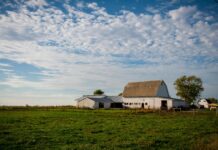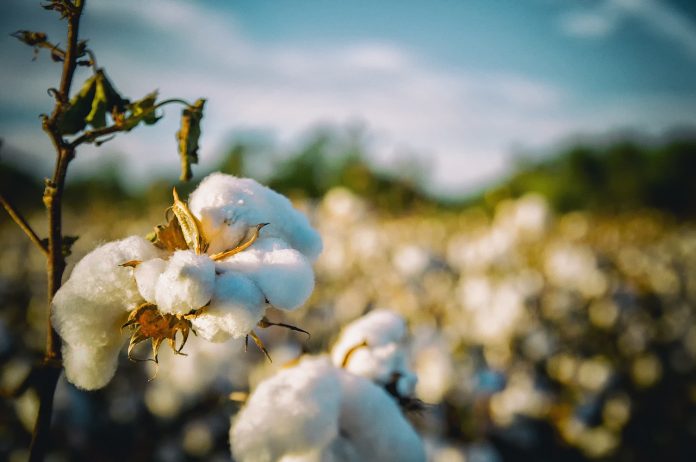Some of the worst catastrophic events bring out the best in human nature, though we would rather not be in the position of finding that out.
In the aftermath of Hurricane Michael, Florida, Georgia, the Carolinas and Virginia continue to assess damages in hopes of helping people and communities determine the next step. People from all over are pitching in with donations after learning of the widespread destruction.
As of Oct. 14, more than 435,000 customers remained without electricity from Florida to Virginia. More than 26,000 students have no school to attend. It is impossible to say how many have been left homeless.
Pictures show the enormity and weight of the loss. Where would one begin to start the clean-up and rebuilding process?
Ag hit hard
Agriculture is a sector deeply impacted. Farmers who produce commodities in the region, from dairy, cotton, timber, peanut, tomatoes, and fish, describe grim circumstances created by the monster hurricane. Everything from poultry barns to pecan orchards took a serious hit.
This is the second year that pecan farmers have lost a significant crop, with about 40 to 50 percent lost, just a few days away from harvest in many orchards. The wallop of 155 mph winds stripped fields and orchards, making it impossible to tell where harvest had already been started.
Cotton lost
Cotton, Georgia’s top row crop, was described as ripped from fields and thrown to the wind, or battered to the ground in heavy rains, disappearing at a time when farmers were set to harvest an impressive crop. Ginning stations, also, were destroyed or damaged significantly.
Georgia agriculture commissioner Gary Black described in a press briefing, circulated through various ag outlets, the story of one farmer who was about to continue his cotton harvest when told to take shelter, knowing he probably had the best crop he’d ever raised. Just the day before, he had harvested an impressive three-bale-per-acre yield. The hurricane took all of his remaining cotton crop.
“Michael’s impact has been the most widespread and devastating hurricane in recollection to impact Georgia’s agriculture industry. Crops, animals and infrastructure have all taken a substantial loss,” Black is quoted in an Associated Press piece.
Poultry too
Loss of electricity wreaks havoc for any farmer, and poultry barns, which contribute $23.3 billion revenue in Georgia, has been hit hard in this way. An estimated 84 chicken houses were destroyed by the storm while others lost chickens due to power loss. At least 2 million chickens were lost in Georgia alone.
Most importantly, rescuers continue searching through rubble in hopes of answering hundreds of calls for the missing.













